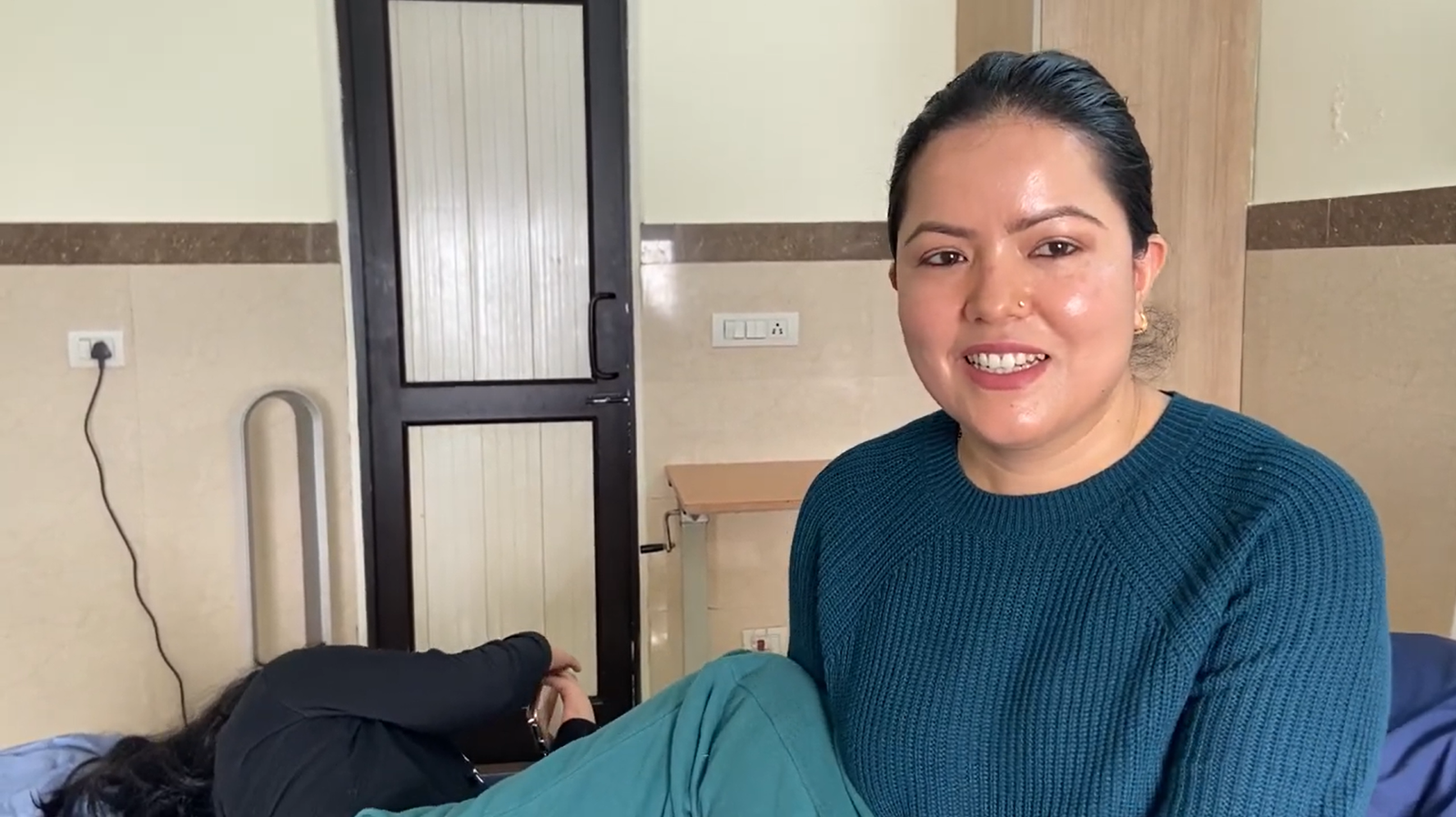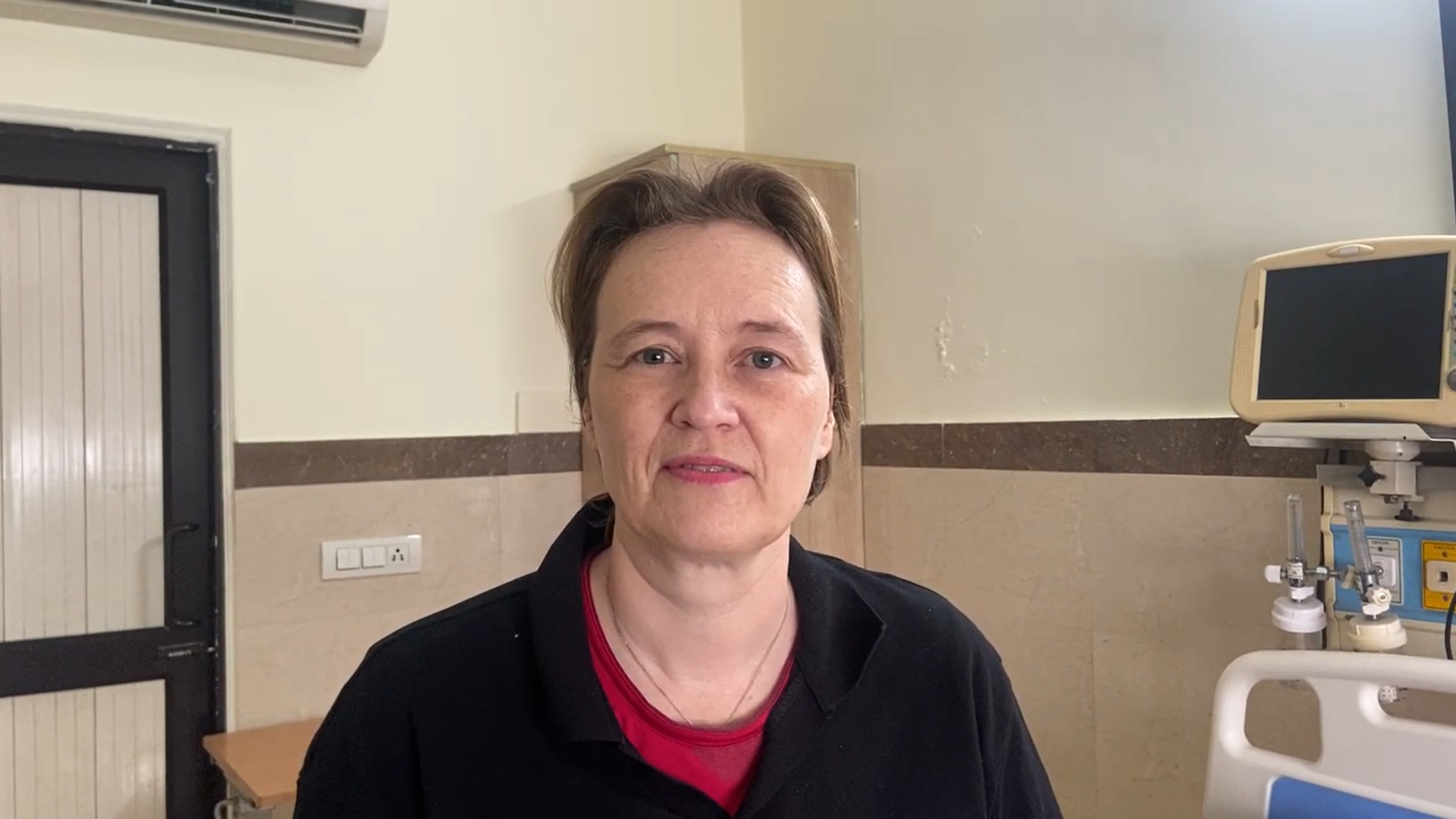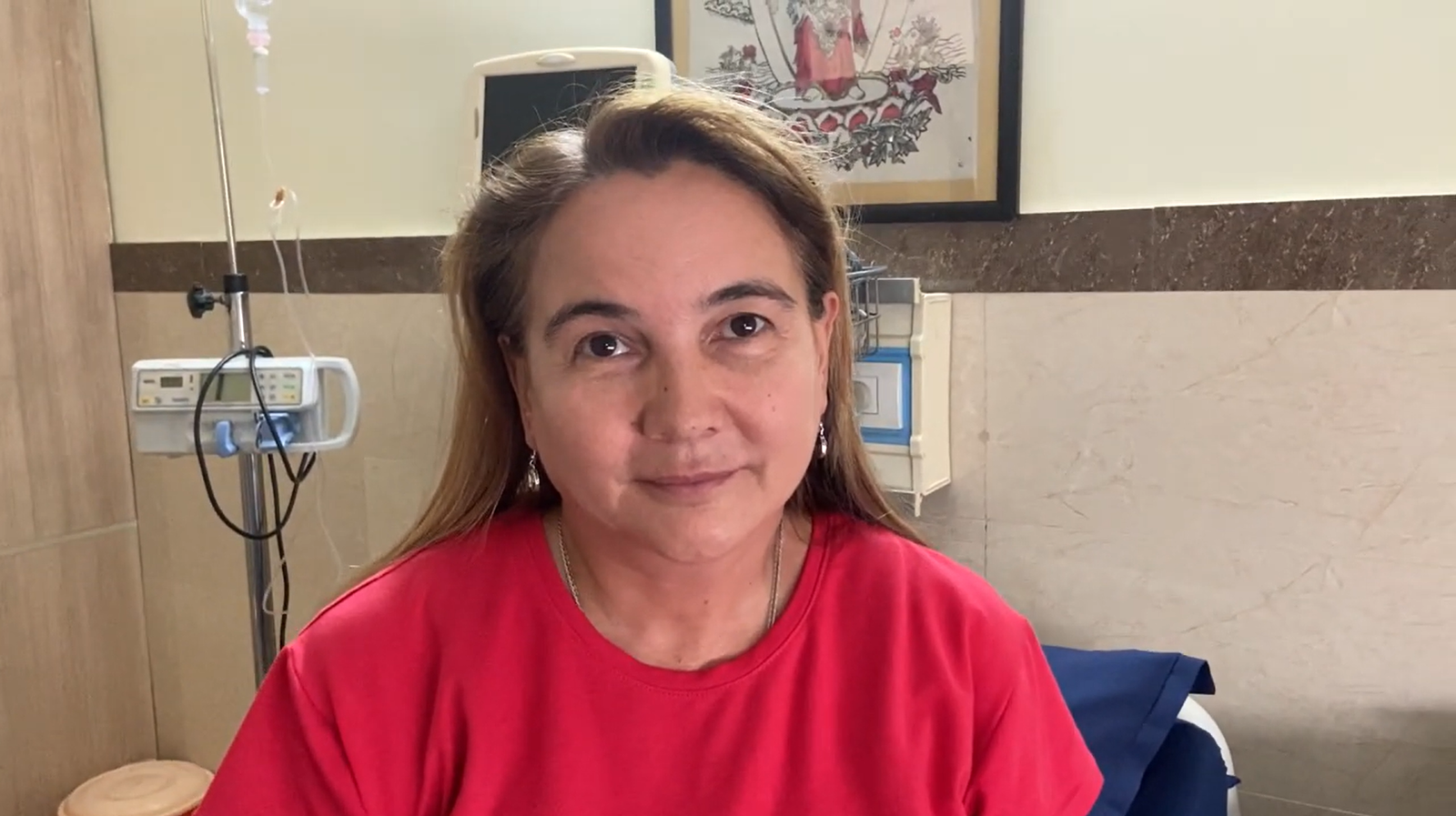Exosome Therapy for Optic Nerve Therapy

What if your body could heal damaged tissues using tiny particles? It is exactly that idea that brings exosome therapy for optic nerve atrophy. Exosome therapy is similar to sending in special helpers to fix the damaged parts of your body. For the patients, this therapy is providing hope as a means of controlling the disease.
In exosome therapy, exosomes are used to push the repair of damaged optic nerve cells. It aims for regaining vision or avoiding further loss through healing of the optic nerve. Although, in the research stage, exosome therapy appears promising as potential therapy against people who are suffering from optic nerve atrophy. Can it be the future of optic nerve atrophy treatments? let’s find out
How Can Optic Nerve Atrophy Affect Your Life?
Optic nerve atrophy is a condition of the optic nerve that conveys visual information from the eyes to the brain. Its damage results in loss of both partial and complete vision. Individuals suffering from optic nerve atrophy face various types of daily obstacles since the sense of vision is one of the most vital in enabling everyday activity. The disease can affect anyone at any age and is caused by injury, certain diseases, or poor blood supply to the optic nerve. A life with optic atrophy presents changes that can be managed through an understanding of how it affects life.
- Vision loss: Probably the biggest impact would be on vision. It comes either gradually or suddenly to make the person unable to read, watch TV, or even identify people.
- Loss of peripheral vision: Most of the patients will lose side vision, making it painful to walk because they would strain around objects and increase the possibility of accidents or collisions.
- Difficulty with fine details: Tasks such as reading fine print, sewing, or working on a computer will be hard, since you would lack the ability to see fine details.
- Trouble with balance: Diminished sight would also affect spatial awareness, causing difficulties in balance and therefore it would be hard to walk with confidence.
- Difficulty with bright or dim lighting: Other problems may be variable vision in bright or dim lighting. Most patients who have optic nerve atrophy experience trouble in adjusting to high versus low light levels.
- Loss of independence: As the patient’s vision worsens, it becomes dangerous to drive, hard to cook, and inconvenient to shop, and ultimately it might lead to a loss of independence.
- Emotional impact: Vision loss can be frustrating, depressive, or anxiety provoking, depending upon the circumstances-particularly if daily routines are affected. Emotional support is critical for handling these struggles.
Causes of Optic Nerve Atrophy
Being the part of the nervous system that transmits visual information from the eye to the brain, damage to it does affect vision significantly. Optic nerve atrophy can result from several causes, including congenital conditions to diseases or injuries acquired in nature that damage the optic nerves. Early treatment and diagnosis may help manage the condition for many cases, though vision loss will be irreversible for most people. Some common causes of optic nerve atrophy are as follows:
- Glaucoma: High pressure in the eye damages the optic nerve through atrophy
- Trauma or injury: Blow on the head or in the eyes, that damage the optic nerve directly through atrophy.
- Poor blood supply: In the case of stroke or inflammation, they block or reduce blood to the optic nerve damaging it.
- Infections: Meningitis or syphilis infections which affect the optic nerve and cause atrophy.
- Toxins: Chemical or drug toxicity may be caused by exposure to toxins such as methanol or certain antibiotics.
- Tumors: A tumor within or near the optic nerve or brain may compress the nerve and cause atrophy.
- Genetic disorders: LHON is a genetic disorder that causes the onset of optic nerve atrophy.
- Multiple sclerosis (MS): This auto-immune disease might destroy the protective sheath of the optic nerve and cause optic nerve atrophy.
- Nutritional deficiencies: The lack of nutrients such as vitamin B12 results in damage to the nerves that even happens to the optic nerve.
Reasons To Choose Exosome Therapy for Optic Nerve Atrophy
Optic nerve atrophy is an optic nerve degeneration disease due to damage to the optic nerve resulting in vision. The primary reason to choose exosome therapy is its healing capacity at the cellular level. The exosomes are tiny particles, emitted by the cells, bringing along crucial signals to other cells through which they are enabled to repair and regenerate. If exosomes are applied in therapy, it helps in the regeneration of damaged optic nerve cells and may even help to rebuild some functions of vision.
Also, exosome therapy is the less invasive form of treatment as compared to regular treatments. Since the treatment process involved injecting exosomes, complicated surgery or lengthy recovery times will not be required. It becomes a more comfortable option for patients who may be looking for a safer alternative to surgery.
If exosome therapy is successful in reducing inflammation in the eye, it would be a great step forward for eye health. Where inflammation tends to increase optic nerve atrophy and severity of damage, exosomes could have intrinsic anti-inflammatory properties to reduce swelling and possibly prevent further damage to the nerve.




















